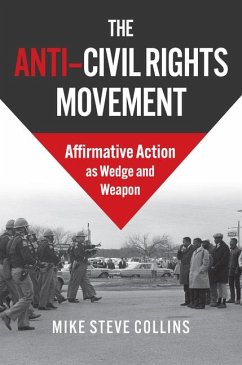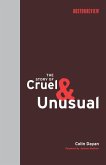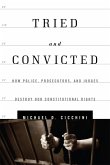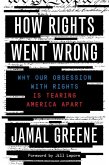"Collins views American society as being trapped in the so-called prisoner's dilemma. According to this classic piece of game theory, two prisoners whose interests would normally be aligned are put in a situation that compels them to betray their solidarity with each other. As Collins tells it, all of us are prisoners, and if we banded together we could create policies that would lead to a better, happier world. But those leading the Anti-Civil Rights Movement, such as Edward Blum, have repeatedly found ways to split coalitions-to pit marginalized groups against each others-whenever those coalitions have threatened the power of conservative elites to set the political and legal agenda. One of the central tools in the conservative arsenal has been affirmative action, which has had a long history of dividing the Asian American and Black American communities, going back to the anti-busing sentiment among Chinese Americans in San Francisco in the early 1970s. In 2013, the same year he helped gut the Voting Rights Act in the Shelby County v. Holder case, Blum created the Students for Fair Admissions and brought a suit against Harvard University for discriminating against Asian Americans-the latest in a long string of prisoner dilemmas designed to undermine social progress. Collins's groundbreaking work is a field guide to the personalities, funding, and dilemmas that characterize the war between the Civil Rights Movement and the Anti-Civil Rights Movement-between the forces represented, respectively, by Thurgood Marshall and the one who replaced him on the Supreme Court, Clarence Thomas. Reading this book helps readers better understand the battles that have been fought in the past, but also where the next fight might take place, and what might be necessary in order to win"--
Hinweis: Dieser Artikel kann nur an eine deutsche Lieferadresse ausgeliefert werden.
Hinweis: Dieser Artikel kann nur an eine deutsche Lieferadresse ausgeliefert werden.








